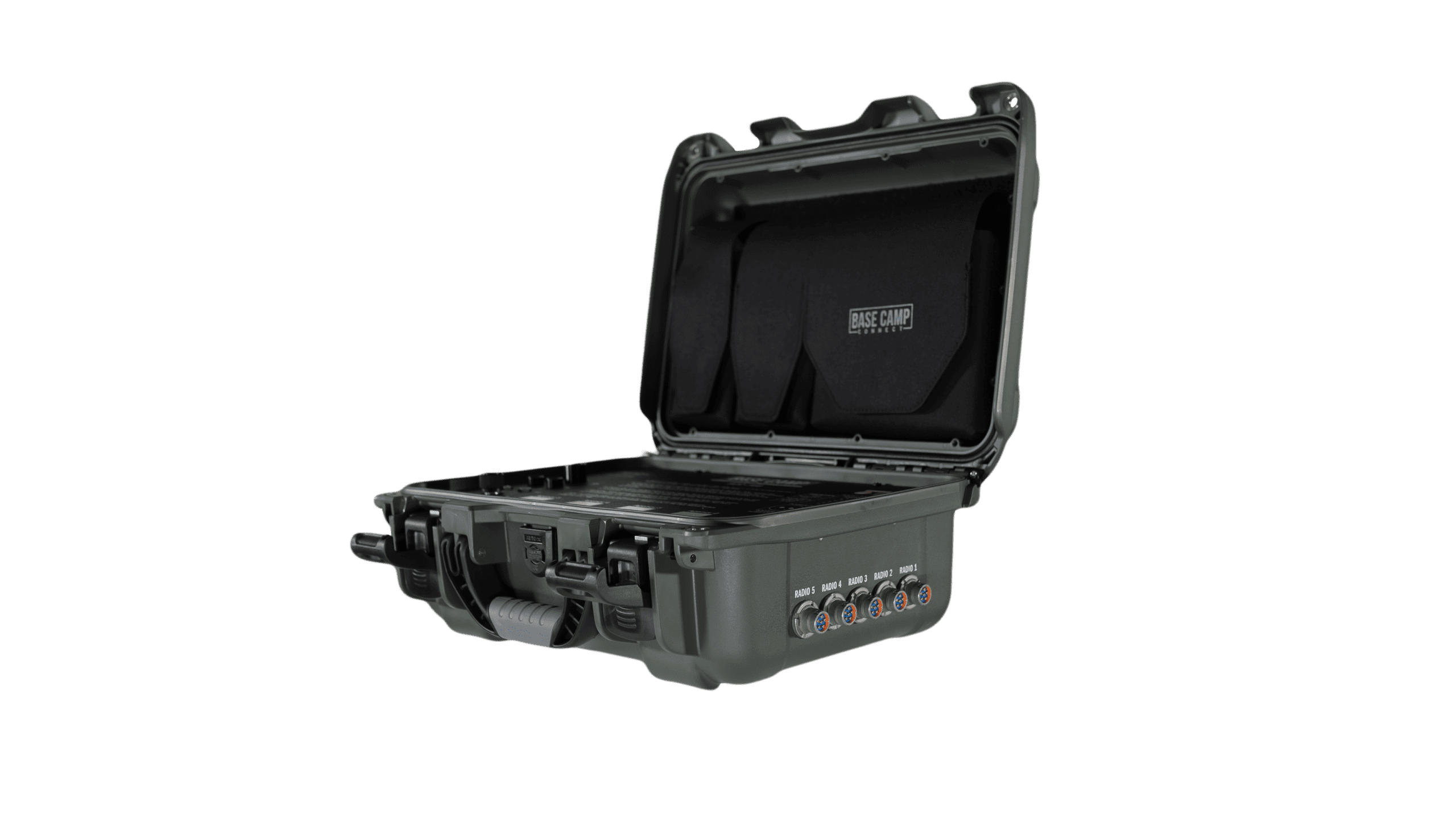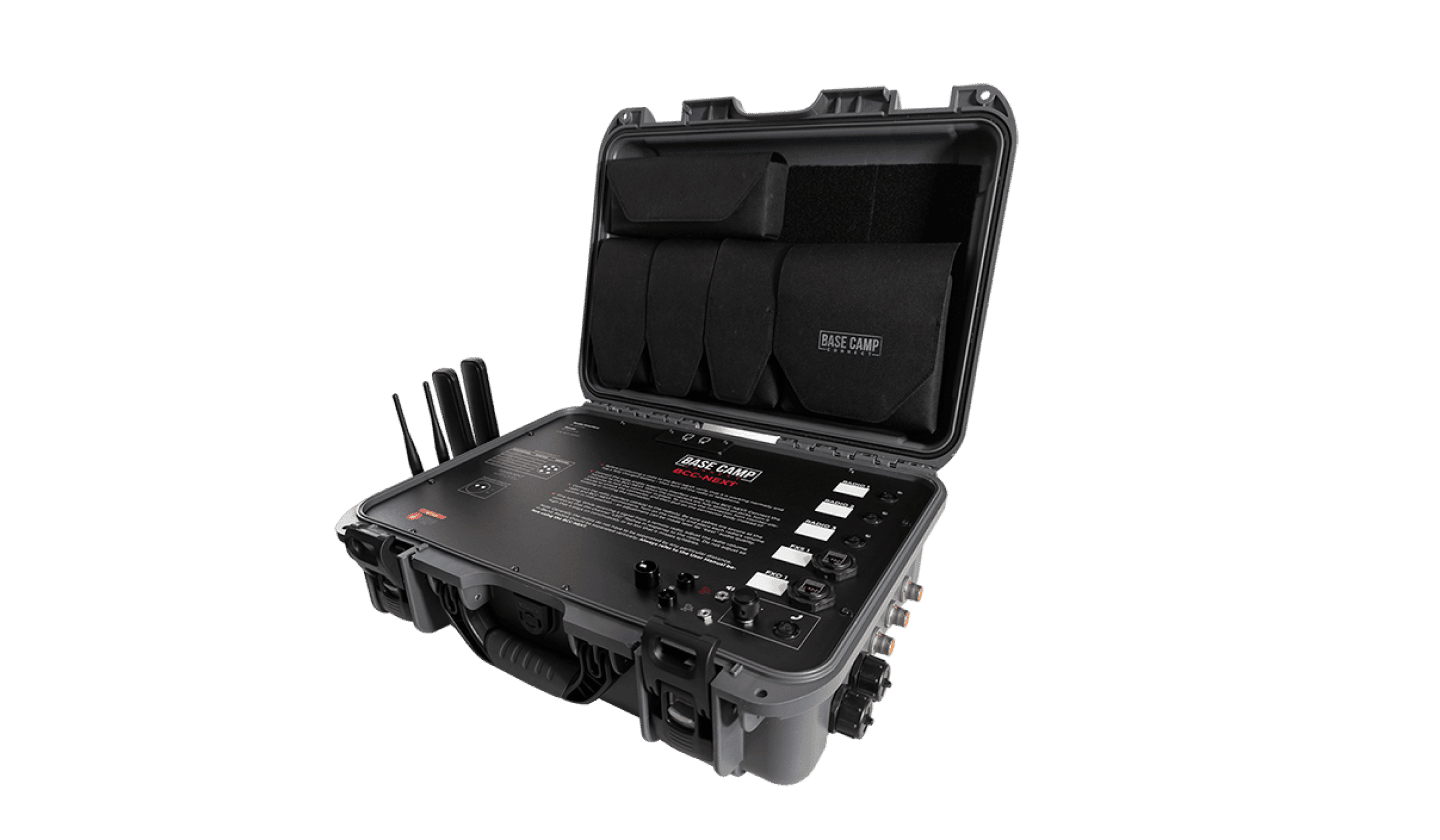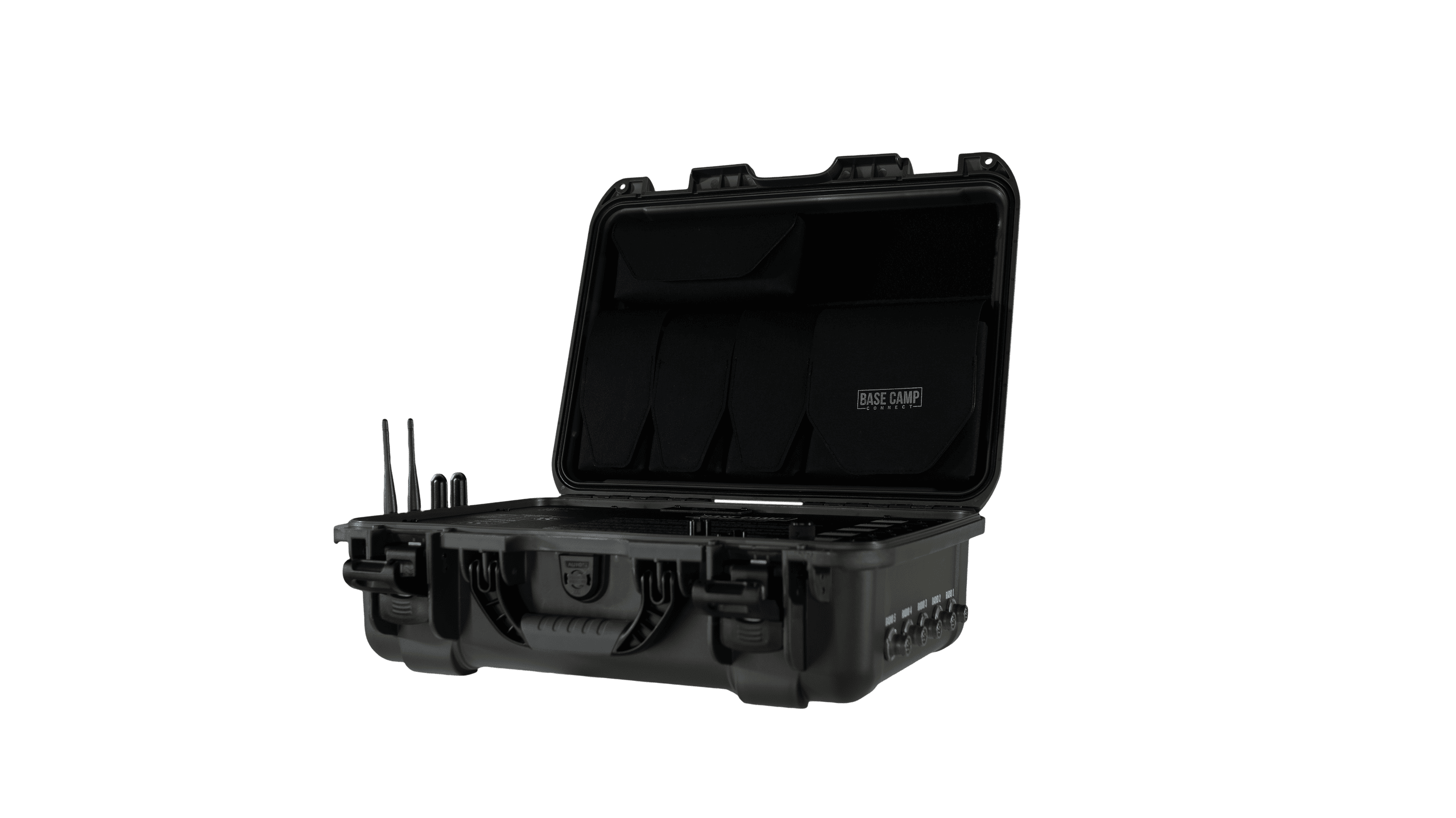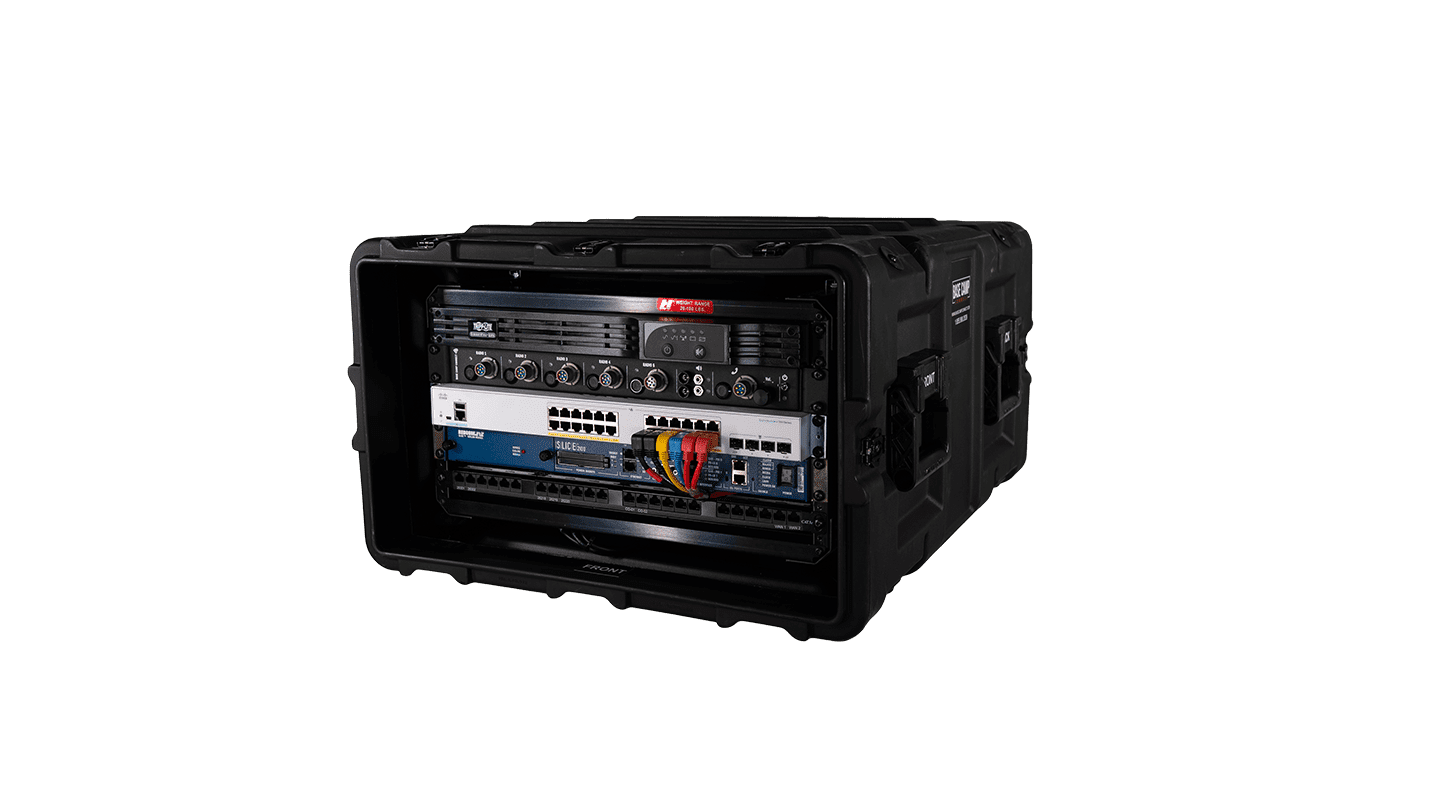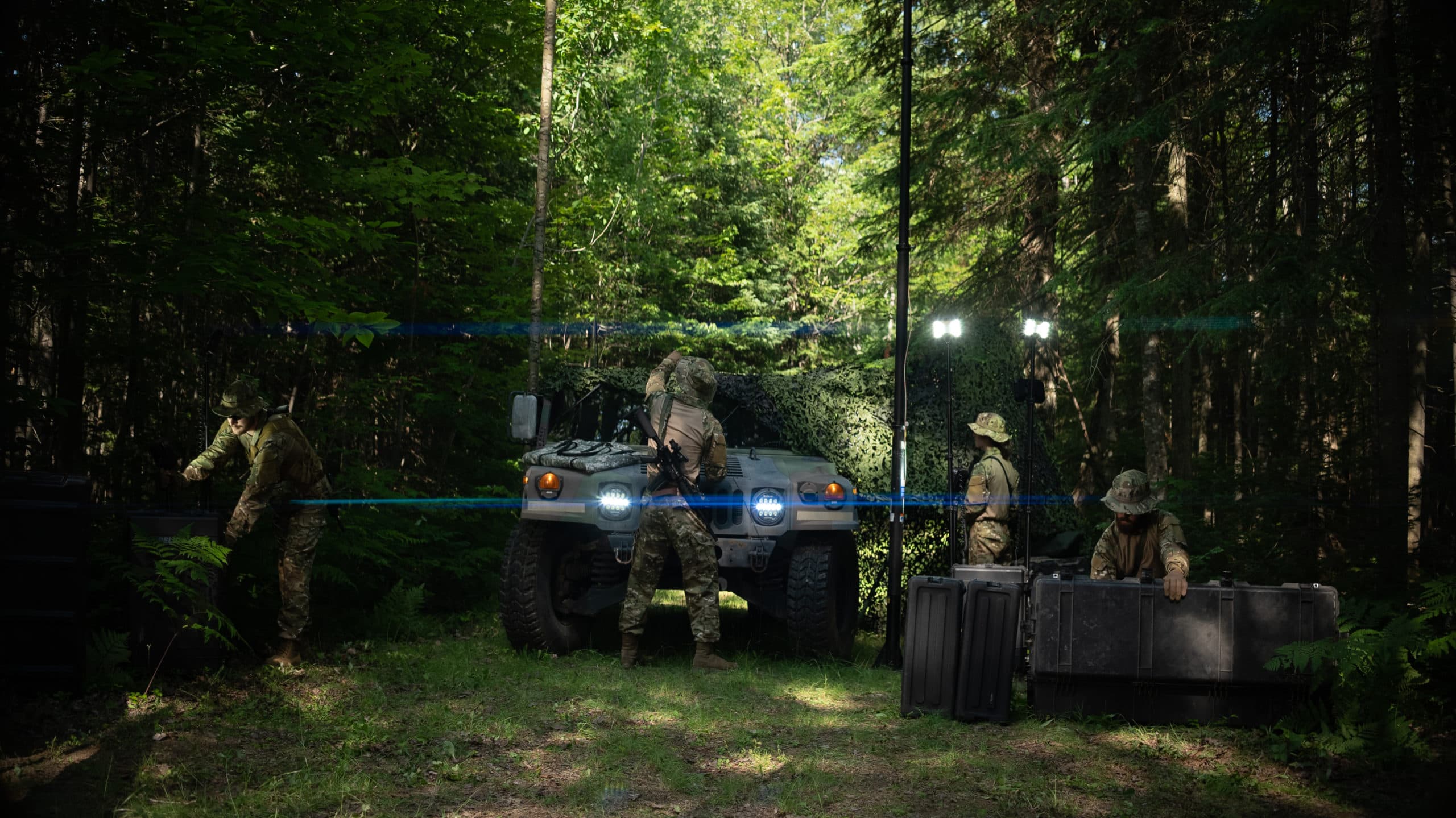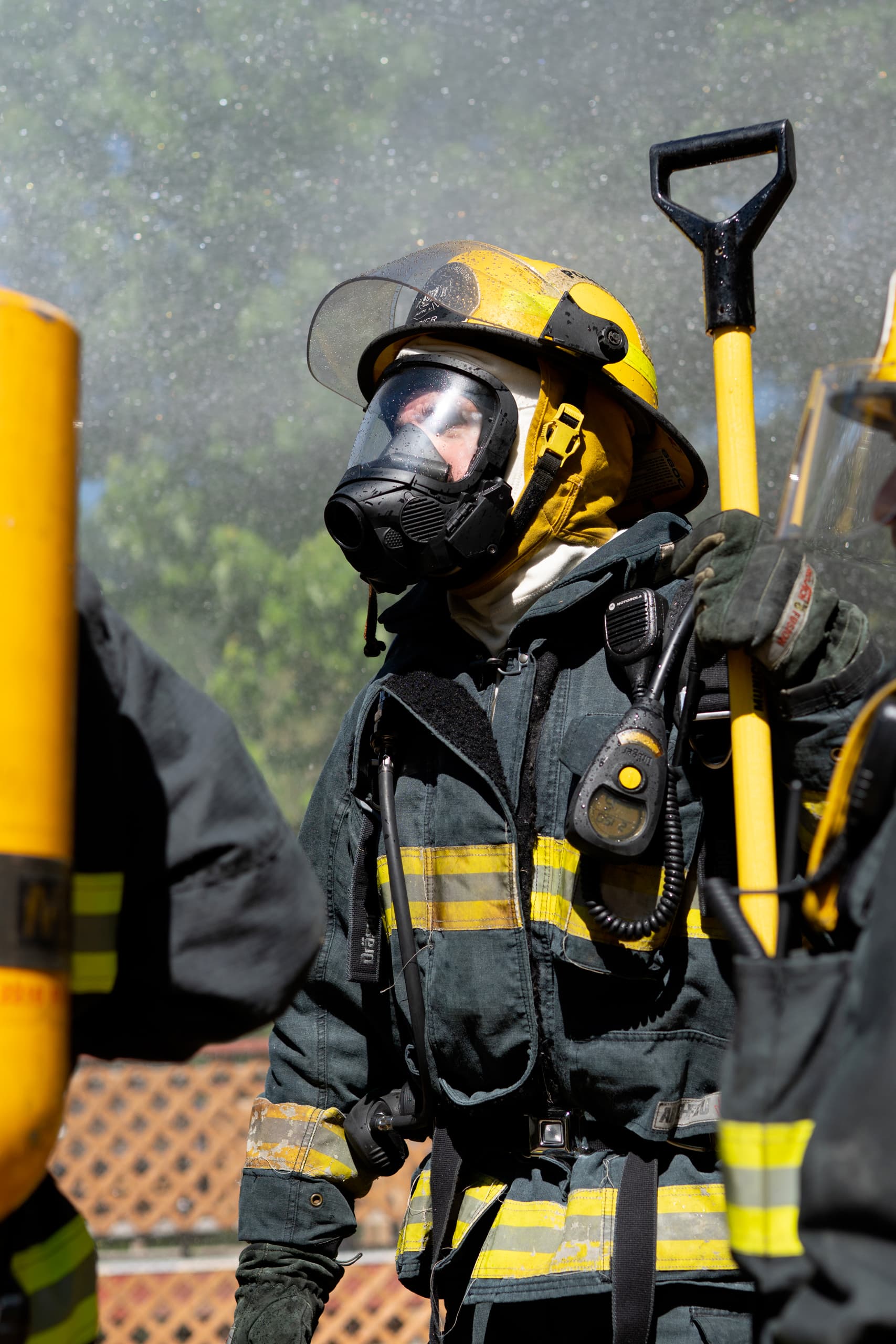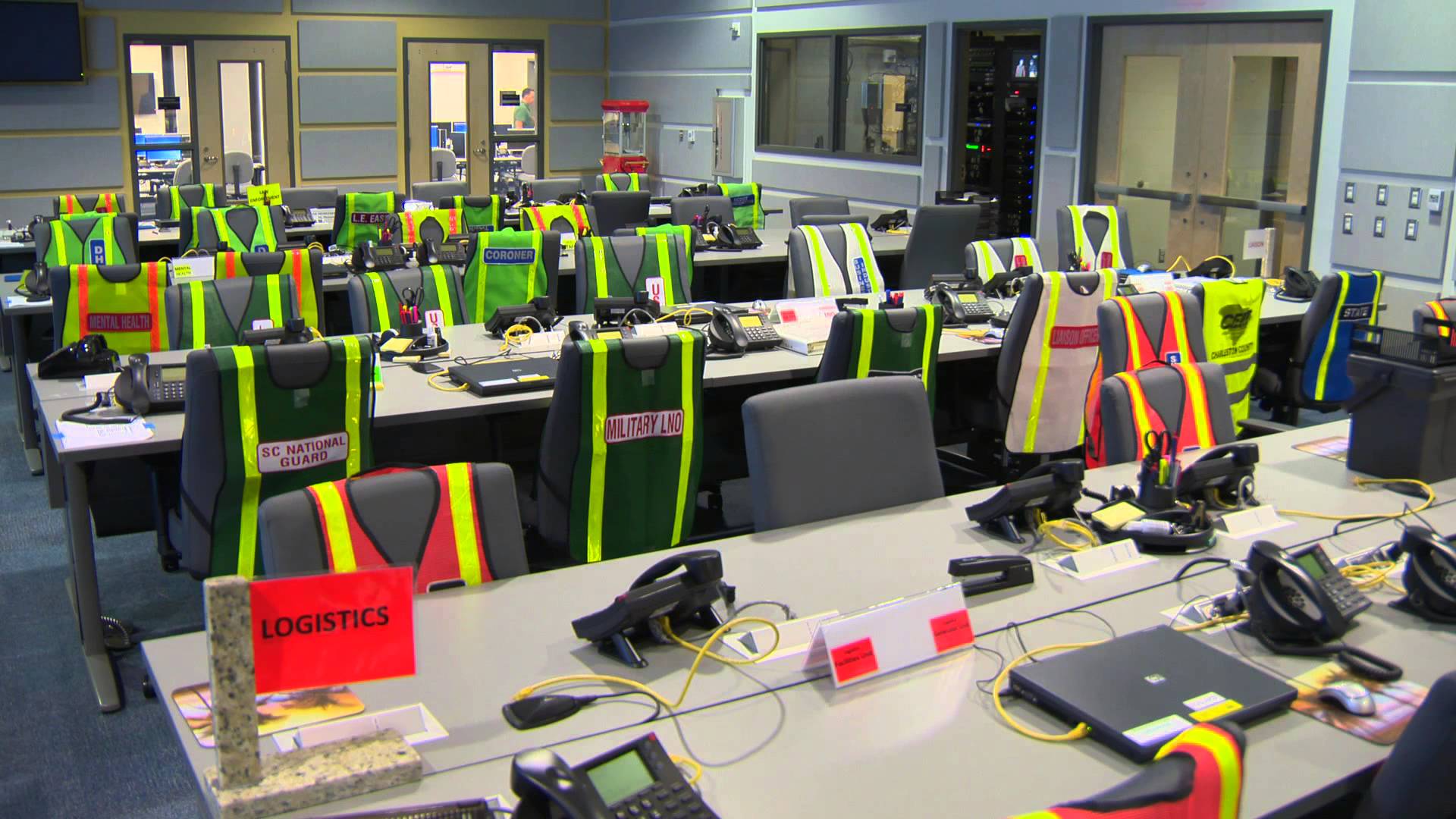As we all know, Emergency Operation Centers are crucial to support emergency response and crisis communications. This is why we have selected four articles addressing questions and solutions often raised by emergency managers.
1 – Emergency Operation Centers 2.0
Almost every county emergency management agency, State DHS/EMA, and nearly every Federal agency now have some type of Emergency Operations Center. Additionally many private organizations such as; Hospitals, Financial/Investment organizations, oil and energy companies, and even social media companies have also invested heavily into some degree of a central command and control center and while EOCs are becoming a vital part of every organization, we must ask ourselves why do we need them to begin with and what is the best option for accomplishing the objectives we seek to complete.
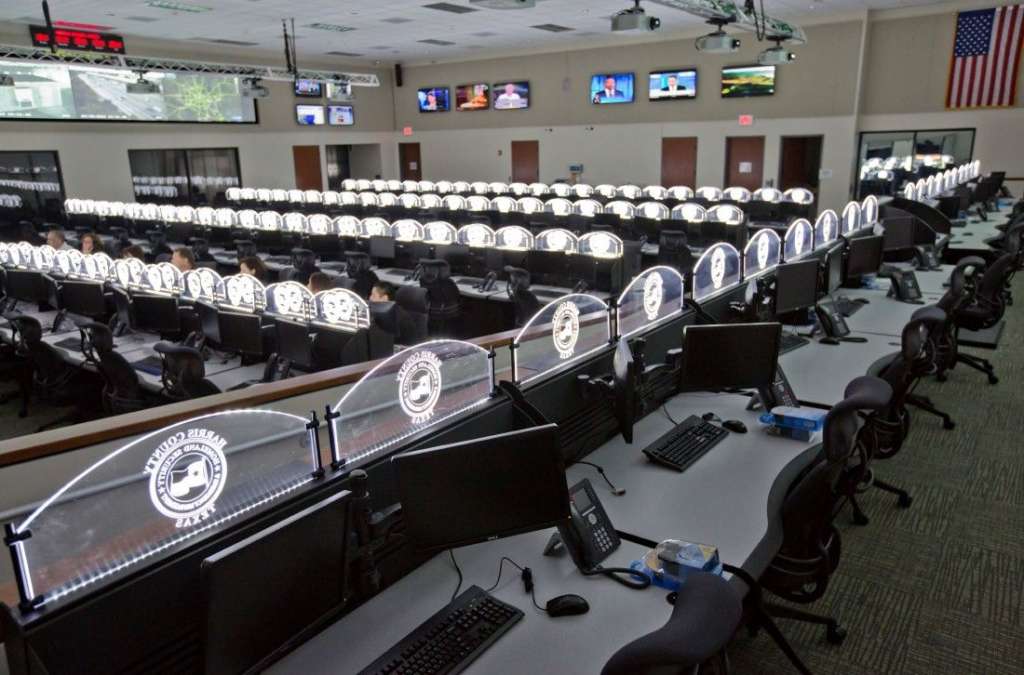
Source: Chron.com – The EOC of Houston TranStar, «a partnership of four government agencies – METRO, the city of Houston, Harris County and the Texas Department of Transportation—charged with the responsibility of planning, design and operations of transportation and emergency management in the Greater Houston Area»
2 – 5 Questions to Better Equip your Emergency Operations Center
Working in Emergency Management, Fire, EMS, or law enforcement we have all, at some point in our career, likely been in our local or state emergency operations center, but what goes into building these command centers? More importantly, how are the EOCs of the future going to be equipped?
3 – The Use and Misuse of ECC’s and EOC’s
I have dealing with emergency communication center issues for a number of years and the issues fall into a couple of simple categories’: people, equipment and training. You can spend millions of dollars buying the best equipment but it is only as good as the person using it.
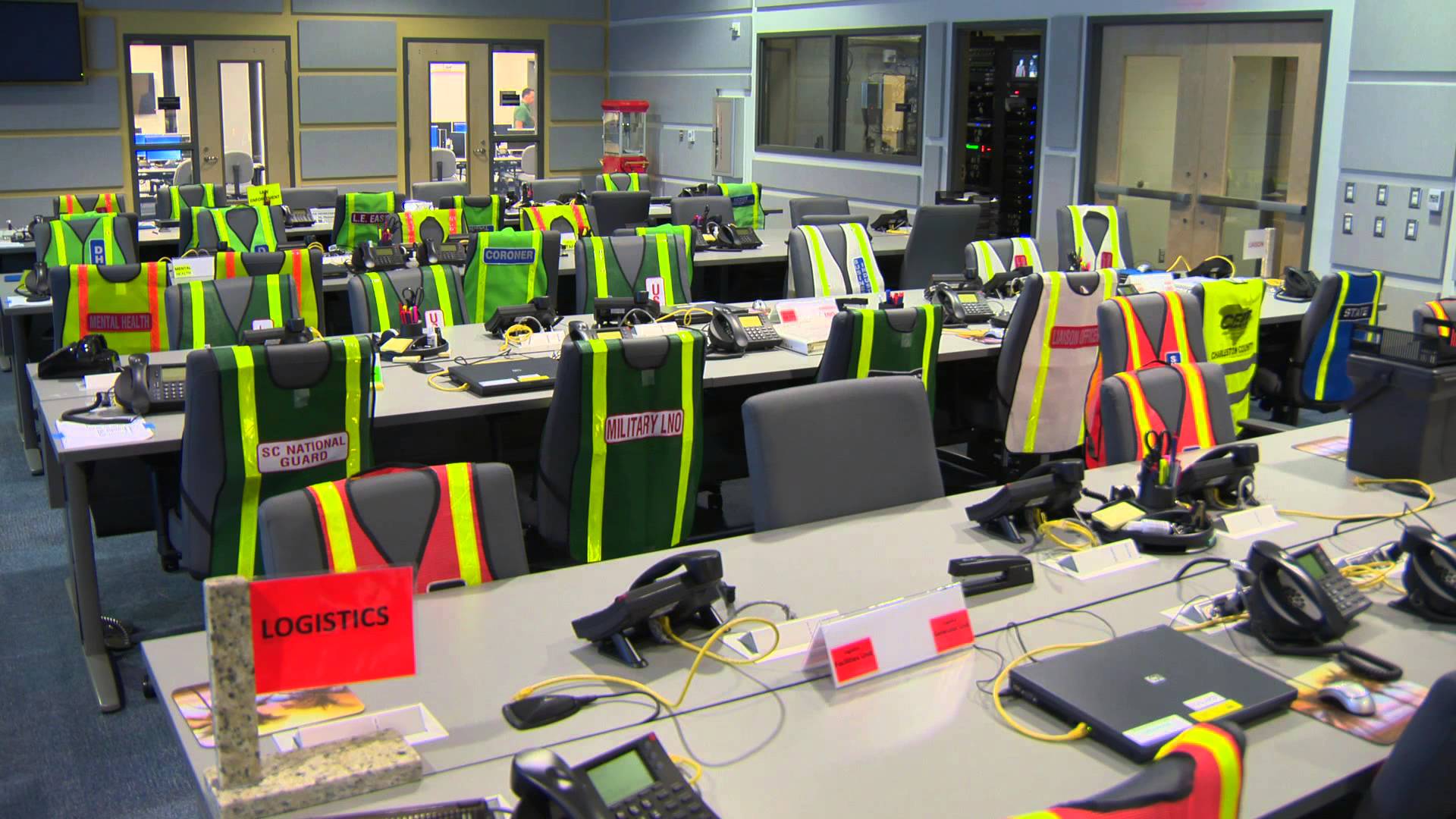
4 – What Happens When the Emergency Takes Out your ECC/EOC?
The Emergency Communications Center and Emergency Operations Center for many cities are vital pieces to the day to day operations and to support the first responders out on the streets. A great deal of planning and money has been invested in these locations to be able to handle the emergency telephone calls and radio dispatching capabilities. But what happens when the “emergency” involves one of these centers? A tornado rips through town and the building is destroyed, a flood makes the building inaccessible or the telephone lines to the building have been damaged by a water line contractor and it will take days to repair; what are you going to do now?
